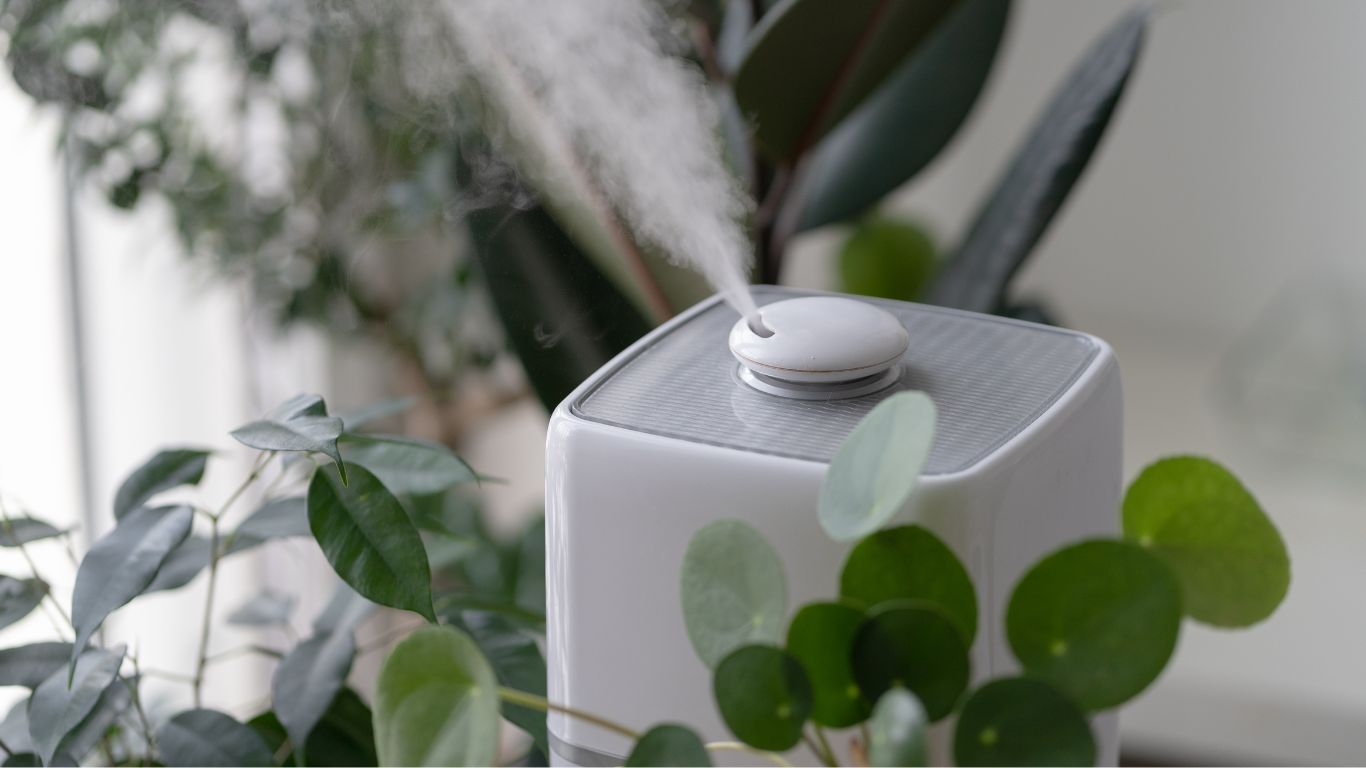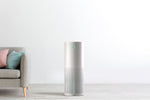Do Air Purifiers Dry the Air and Help with Humidity?

Air purifiers are designed to improve indoor air quality by capturing airborne particles like dust, allergens, mold spores, and even odors. But many wonder if air purifiers also impact humidity levels—specifically, if they dry out the air or can help reduce excess humidity. This post will explore how air purifiers interact with humidity and what to expect when using one in your space.
Do Air Purifiers Remove Moisture from the Air?
The short answer is no—air purifiers do not remove moisture from the air. Air purifiers primarily use fans to draw in air and pass it through filters to trap pollutants. This process does not involve dehumidification or any method that would impact humidity levels in your home.
Air purifiers are different from dehumidifiers, which are specifically designed to reduce moisture by drawing humid air over cooling coils to condense water, thereby lowering humidity levels. So if dry air is a concern, using an air purifier won’t worsen it or reduce moisture levels in your space.
Do Air Purifiers Help with High Humidity?
Air purifiers do not directly reduce humidity, but they can help manage some issues that come with high humidity, such as mold and musty odors. High humidity can create ideal conditions for mold and dust mites, which contribute to poor air quality and allergy symptoms. Although an air purifier doesn’t lower humidity, it can capture mold spores, airborne dust mites, and musty odors, helping improve indoor air quality.
If you’re facing high humidity, consider pairing an air purifier with a dehumidifier. This combination allows you to remove excess moisture while also trapping airborne contaminants, which results in a cleaner and more comfortable indoor environment.
How Air Purifiers and Humidifiers Work Together
For those in dry climates, low humidity can lead to discomfort, respiratory irritation, and dry skin. Although air purifiers don’t affect humidity, they can be used alongside a humidifier to maintain a comfortable and healthy environment.
• Humidifiers add moisture to the air, which can be especially beneficial during winter when indoor air can become very dry.
• Air purifiers capture airborne particles that could worsen allergies or respiratory issues.
Using these devices together creates a balanced approach to air quality and comfort, especially if you have sensitivities to dry air or airborne pollutants.
Understanding the Benefits of Air Purifiers Without Affecting Humidity
Here’s a summary of what air purifiers do (and don’t do) concerning air moisture and humidity:
• Air Purifiers DO: Improve air quality by removing allergens, mold spores, dust, pet dander, smoke, and odors.
• Air Purifiers DO NOT: Remove moisture from the air or affect the humidity levels in any significant way.
If you’re concerned with dry air, the air purifier won’t contribute to this issue. Conversely, if you struggle with high humidity, consider a dedicated dehumidifier to handle moisture levels.
Key Takeaways
• Air purifiers don’t dry the air or lower humidity, so they won’t worsen dry conditions or help reduce moisture.
• For high humidity, air purifiers can help by filtering out airborne particles linked to mold growth and musty odors.
• Combining an air purifier with a humidifier or dehumidifier can help you manage both air quality and humidity for optimal comfort.
If you’re ready to enhance your indoor air quality without impacting humidity, explore our range of Jaspr air purifiers. They’re built to handle allergens, mold spores, and more, making your space cleaner, healthier, and more comfortable.
Back to Blog



